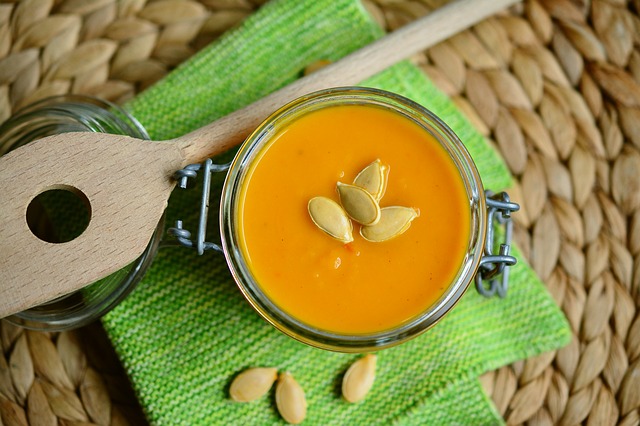
A mother’s nutrition during breastfeeding
It’s been almost a year since your baby was born. You can already tell that your breastfeeding journey has gone through ups and downs, but you wouldn’t change it for anything. And you can be proud of it.
But all of a sudden, you feel something is going on, and it is about yourself! What’s wrong with you? Your little one is doing great, but you’ve given all your vital energy to take care of your baby’s needs. Without even realizing it, mothers can forget a little about themselves when it comes to their own nutrition. And so you might notice changes in weight (over or under), but also some consequences on your health if you lack nutrients (a nutritional deficiency).
What can you do to take care of yourself if you don’t even have a moment to go to the bathroom alone and showers lasting more than 3 minutes are a special gift? What can you do with the little time you have now?
The biggest handicaps to taking care of yourself postpartum are the lack of time or planning.
On the other hand, during breastfeeding, the mother’s nutritional and energy needs increase. That’s why it’s important to know how to recognize your own hunger and fullness signals or when hunger responds to emotions (how many times do you say to yourself “because I deserve it” or “I need it”). We all respond to emotions through food at one time or another. But in this period, you are likely to do this even more often when, for example, you are overwhelmed or very tired.
So here are some ideas on what you can do about your diet:
- Increase the nutritional density of your dishes. If you eat a small amount of food, at least provide more nutrients and energy per serving. You can do this with cooking techniques such as steaming, where there is less loss of nutrients. You can also add foods that provide protein to your dishes, such as legumes, fish, meat, or eggs. Or healthy fats such as those in nuts, seeds, avocado, or extra virgin olive oil. For example, turning a simple vegetable salad into a chickpea salad with tomato, avocado, lemon juice, and olive oil, which you can prepare in 5 minutes, will be a more nutritious option.
- Plan your meals weekly. If you make a weekly meal plan and dedicate a few hours on one day to preparing part of these meals (your partner, your family, or yourself), you will save time for the rest of the days.
- Discover babywearing. No matter how much planning you do, your baby has another plan: to spend the whole day like a koala bear, snuggled up to you. In this case, babywearing can be a great ally for you to be able to cook.
- Baby Led Weaning. But doesn’t this have to do with my baby’s nutrition? Yes, but it also has to do with your own food intake. If you both eat at the same time and let your baby eat by themself, this allows you to eat too, without having to wait for them to finish or, as it often happens, without you eating anything.
- Take-out. Make a list of restaurants with healthy options that can deliver food to your home if you don’t manage to prepare some.
- Emergency food. Fill your fridge and cupboard with some foods that allow dishes in a maximum of 15 minutes: such as already cut or frozen vegetables and fruits, frozen or canned vegetables, dried fruits, and nuts.
- Ask for help! It’s great that you assume your responsibility as a mother, but you also have another responsibility: to look after yourself. Asking for help can prevent you from reaching the limits of exhaustion. And if the visitors can bring some prepared food while they’re at it, even better.
So how about your visitors come to your house with a hot homemade soup instead of another set of blankets or baby onesie that you can’t fit in your closet anymore? Imagine enjoying your meal without rushing while they play with your little one for a bit.